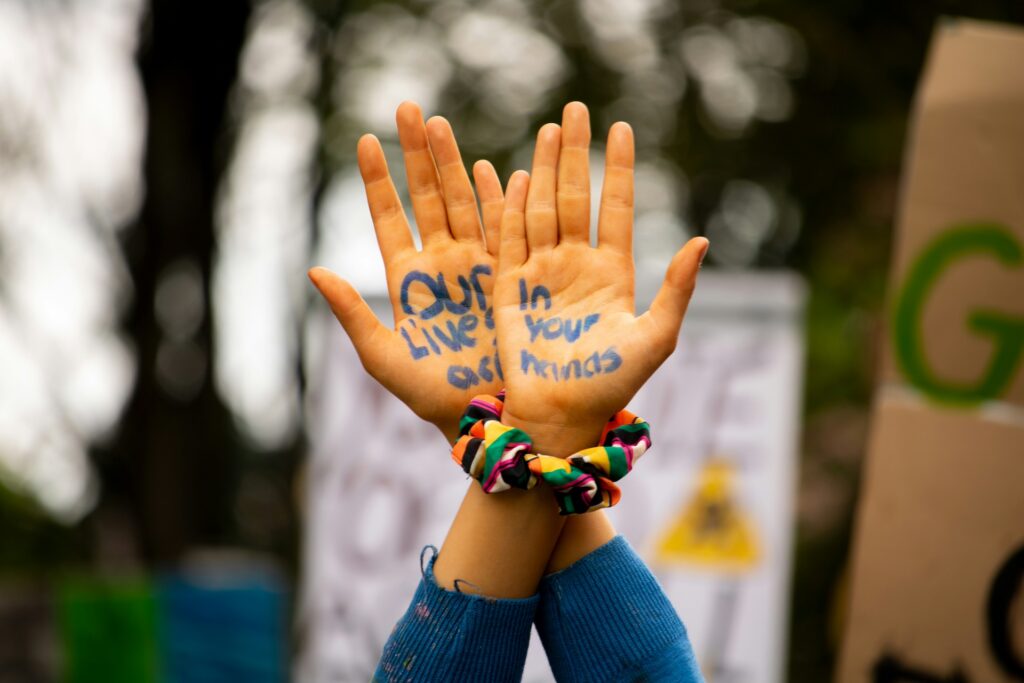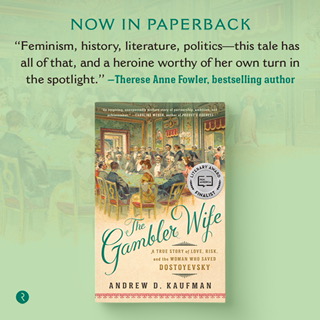Empowerment Over Violence: A Compassionate Way for Lasting Social Change
I haven’t been able to tear myself away from stories about the anti-Israel protests roiling college campuses. As a Jew and former college professor, this news is deeply personal and triggering. I’ve been a Molotov cocktail of conflicting thoughts and emotions.
Who Is Right? Who Is Wrong?
Listen to your favorite guru or pundit these days, and you, too, may be more convinced than ever of the rightness of your position. The more wounded or outraged you are, the more convinced you’re likely to be. But know that those who are just as hurt and furious as you are, and who passionately disagree with you, are equally convinced by the correctness of their position.
When does this cycle of rage and response, attack and counterattack end? Who is right? Who is wrong? Who has a monopoly on the truth and knows the correct path forward?
I surely don’t. College presidents don’t. The protesters and counter-protesters, the agitators and resolution-writers, onlookers and opinionating pundits don’t. Netanyahu doesn’t. Biden doesn’t. Trump doesn’t. None of us do.
Let’s face it: We are lost.
A Different Way Forward From Violence
In moments like this—when our usual ways of arguing and understanding the world are not working, when our rational intellects seem to have failed us—we must look to other perspectives and sources of wisdom.
Knowledge, information, and even the ability to think critically and argue a point forcefully aren’t enough. In recent weeks, we’ve seen countless examples of people who have all of those things and still do great harm to the world and themselves.
We must seek a different kind of intelligence to find our way through this morass: the ability to distinguish between the authentic and the fake, the music and the noise, the life-giving and life-destroying.
The ability to love.
Run towards—not away from—that which makes you uncomfortable. Hard as this may seem, seek out those you passionately disagree with. Recognize that they, too, have learned to erect self-protective walls.
“Our deepest fears,” the poet Rilke said, “are like dragons guarding our deepest treasures.”
Focus on the treasures that lie beneath the words. Find out what really matters to people: not what they hate, but what they love. And if it seems to you that your enemy only knows hate, contemplate what unhealed trauma in their lives has blocked their capacity to love.
Cultivate the ability to look into another person’s eyes and see not a stranger or a foe, but a fellow human being walking this path alongside you.

Tender, Loving Tears, Not Violence
There’s a scene in War and Peace that illustrates this. Prince Andrei Bolkonsky has gone on a maniacal, months-long quest to hunt down Anatole Kuragin, who had seduced and attempted to elope with Andrei’s former fiancée, Natasha Rostova. Unsuccessful in his pursuit, Andrei eventually opts to satisfy his wounded ego by killing Frenchmen on the battlefield before being gravely injured by an exploding grenade.
Lying in the battlefield operating tent, writhing in pain, he observes another man who sobs like a boy as he stares aghast at his own amputated leg, still clad in its blood-caked boot. That man, it turns out, is none other than Anatole Kuragin, whom he has expended so much energy in trying to chase down.
Now, rather than pouncing on this opportunity to finish the blackguard off, however, Andrei does something else entirely: “He now remembered the connection between him and this man, who was looking at him dully through the tears that filled his swollen eyes. Prince Andrei remembered everything and a rapturous pity and love for this man filled his happy heart.” Unable to restrain himself, Prince Andrei “wept tender, loving tears over people, over himself, over their and his own errors.”
What Andrei sees then is himself: a flawed fellow human being, neither good nor bad, and thus deserving of his sympathy.
Beyond the Ego
“One can’t help loving people,” Tolstoy wrote. “They are all—we are all so pitiable.” Indeed, the words “to love” and “to pity” were used synonymously in Tolstoy’s 19th-century Russia. Love, then, is where the ego ends, where I see myself in you, and you in me, and we’re both better, bigger human beings for it.
This is a different kind of intelligence than the one we often rely on in trying times. It is the kind of knowledge that allows us to see people, places, and things without preconception or judgment in all their mysterious interconnectedness.
This kind of knowledge can help us breathe more freely and listen more openly when everyone around us is screaming and hurting. It is an approach to living that can help us find our way when all else has failed.
***
Connect with Dr. Kaufman on Amazon, Twitter, Facebook, his private FB Group, Linked In, Instagram, Goodreads, and YouTube, and sign up for his newsletter here.
Follow Books Behind Bars on Twitter and Facebook.
Order The Gambler Wife: A True Story of Love, Risk, and the Woman Who Saved Dostoyevsky
A PEN/America finalist, now optioned for film!


So so powerful
Thank you for putting this into words